Squatters, not British, responsible for Indigenous killings, says Henry Reynolds
Henry Reynolds has told the Yoorook Justice Commission the British government in the 1830s and 40s was dominated by humanists who were concerned about the fate of Indigenous people.
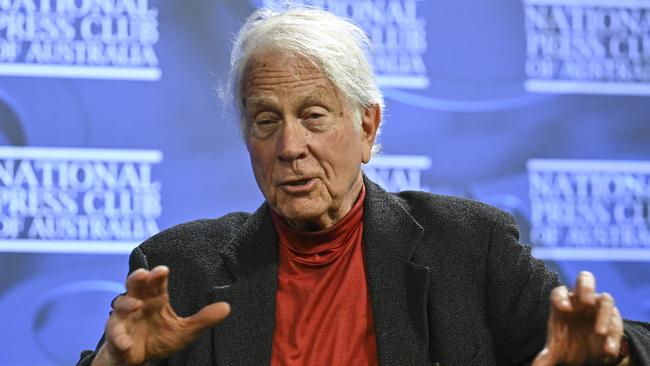
Historian Henry Reynolds has told a hearing of Victoria’s Indigenous “truth-telling” commission that frontier killings of Aborigines in the state predominantly occurred despite the wishes of the British government, rather than at its behest.
Addressing a series of Yoorook Justice Commission hearings aimed at seeking redress from the state for Aboriginal Victorians’ loss of control of “land, sky and waters”, the University of Tasmania Emeritus Professor of History and Indigenous land rights advocate said it was important to understand that what is now known as Victoria was initially settled by squatters, from the mid-1830s into the 1850s.
At the time, the area south of the Murray River was part of the colony of NSW, and settlers, who were largely ex-convicts, were prohibited from taking up land located more than 300km from colonial headquarters in Sydney.
Despite this, thousands of squatters illegally occupied the land, and Professor Reynolds estimates that by the 1840s there had been 700 stations established in the colony of NSW – which included present-day Victoria – with “something like five or six million sheep”.
“For the British it was in a way a disaster which they knew they couldn’t control,” he said.
“This presented two problems to them. The first was, what do you do with people squatting illegally on land which belongs, as they saw it, to the Crown?
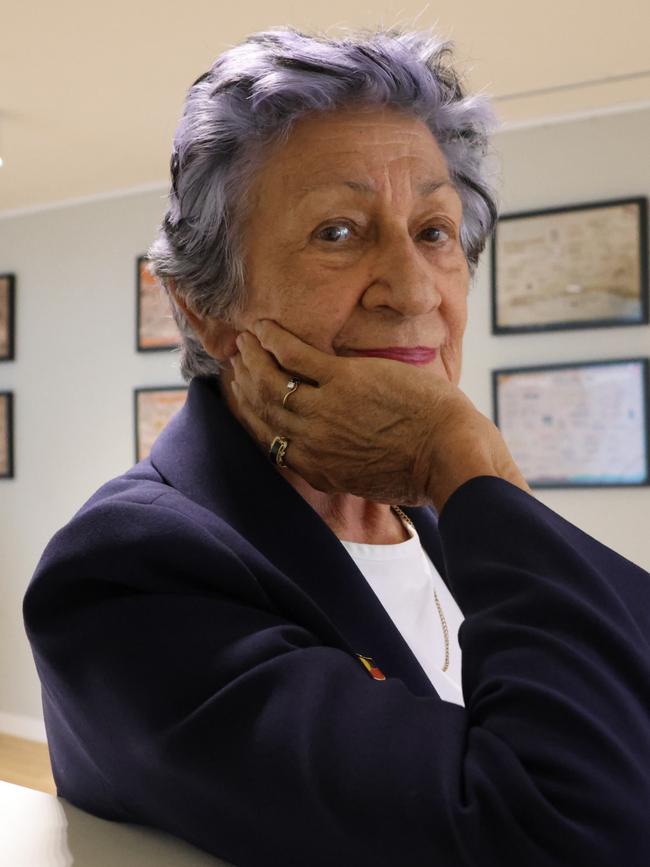
“The second thing, which certainly deeply concerned the British government, was the fact that there’s no doubt, no doubt whatsoever, that this period saw a rapid increase in the destruction of traditional (Aboriginal) society – partly, simply by the presence of millions of animals that stormed into the country, and in a way took over the country … but there was also no doubt in the mind of the British that this was leading to a great increase in the … killing of First Nations people.”
Professor Reynolds said it was important to remember that during the early to mid-19th century, “humanitarians had become the most significant force in British politics”.
“This had led to the abolition of slavery in 1833, and the great reformers who brought slavery to an end then turned their attention to the fate of the Indigenous people all over the empire, and they had no sympathy with white settlers who were renegades,” he told the commission. “They did become deeply concerned about the fate of the Indigenous people in all over the empire, and they felt that unless they showed some concern, that it would be a hated stain on the reputation of Britain as a coloniser.”
Counsel assisting the commission Fiona McLeod referred Professor Reynolds to a report issued by a British parliamentary committee in 1837, in which concern is expressed regarding the “disposing of lands without averting to the native population” and to “vengeance killings” of Aborigines.
“They had become very, very aware that something had gone terribly wrong, and they did obviously try and turn it around,” Professor Reynolds said of the British government.
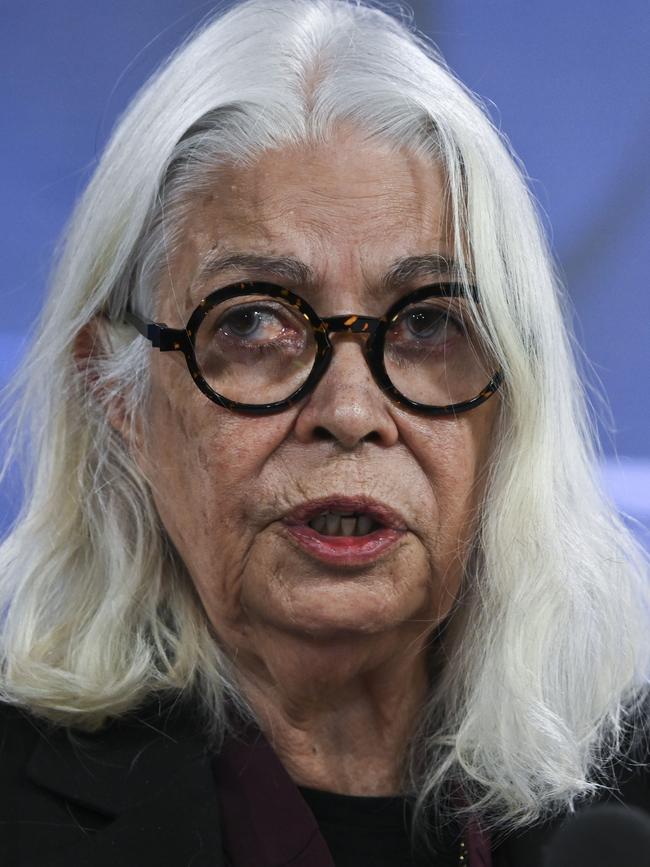
He said protectors of Aborigines were subsequently appointed “as a way to try and at least control the amount of killing, that they would be there as witnesses”.
“The important thing about squatting was that there was no one there, there was no authority, there was no one to report, there was no one to even try and bring to justice, people who were known as murderers, so the protectors were at least some attempt to have witnesses there, and to set up small stations where the local (Indigenous) people could come and be protected from the squatters,” Professor Reynolds said.
“There were problems about them and their mission, but the protection was a serious protection of their life and limb.”
Indigenous academic Marcia Langton gave evidence alongside Professor Reynolds and said she agreed with his analysis of the role of protectors.
More Coverage
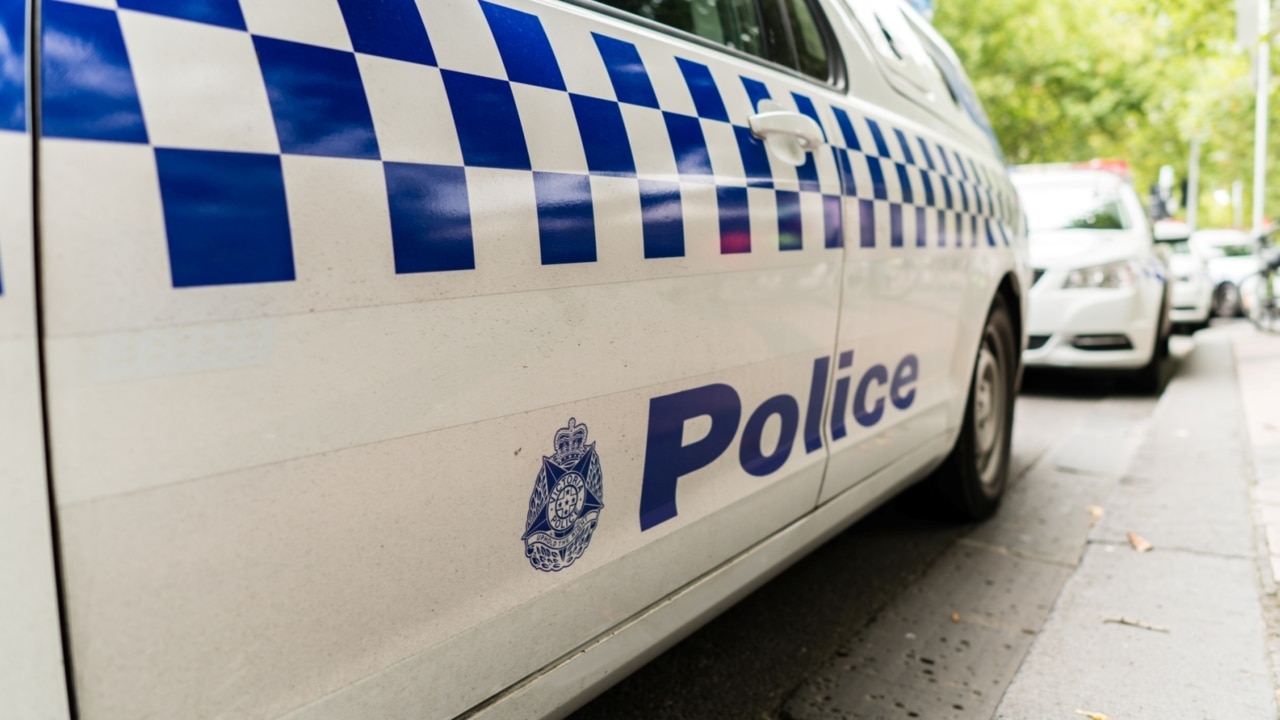


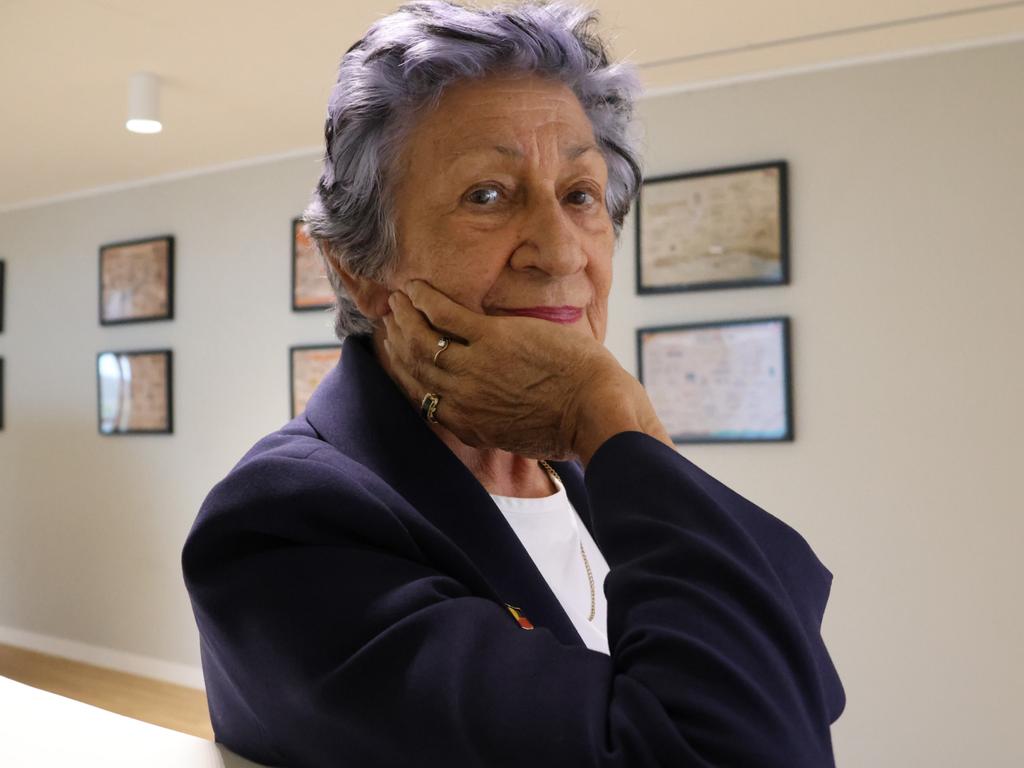
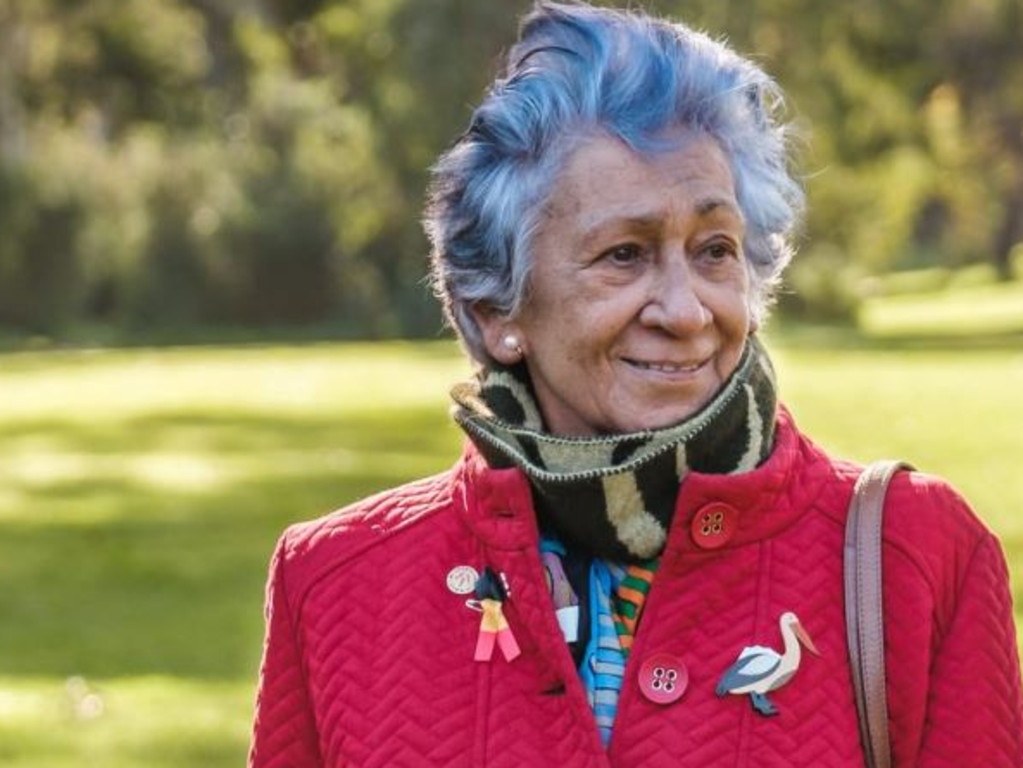

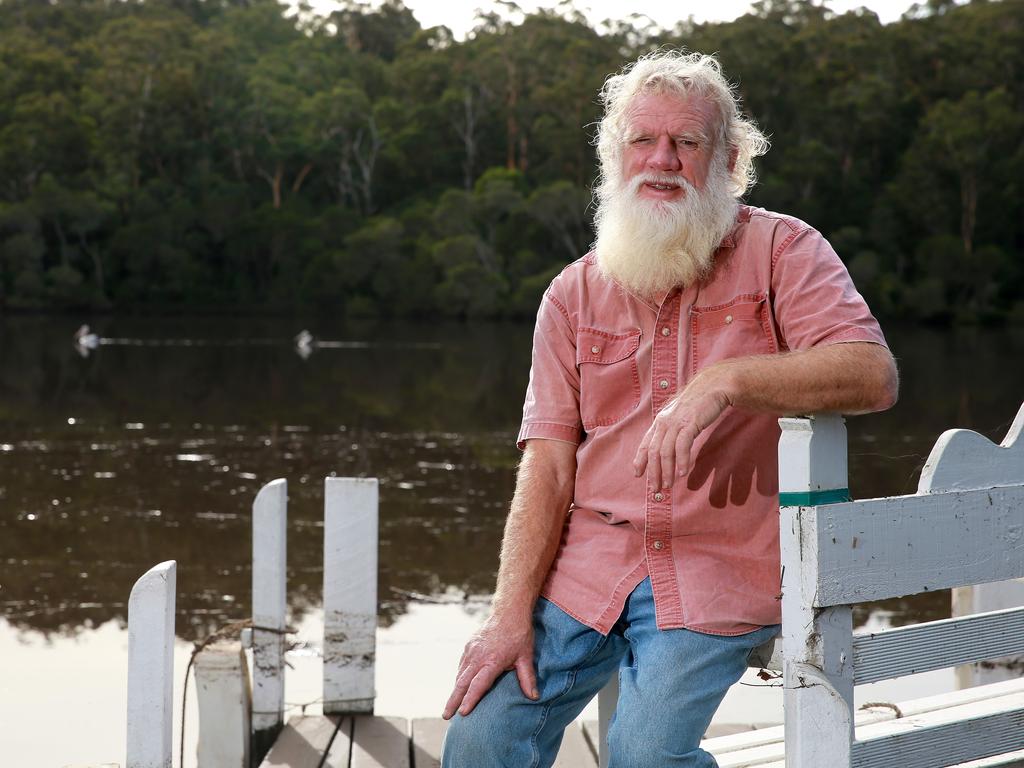
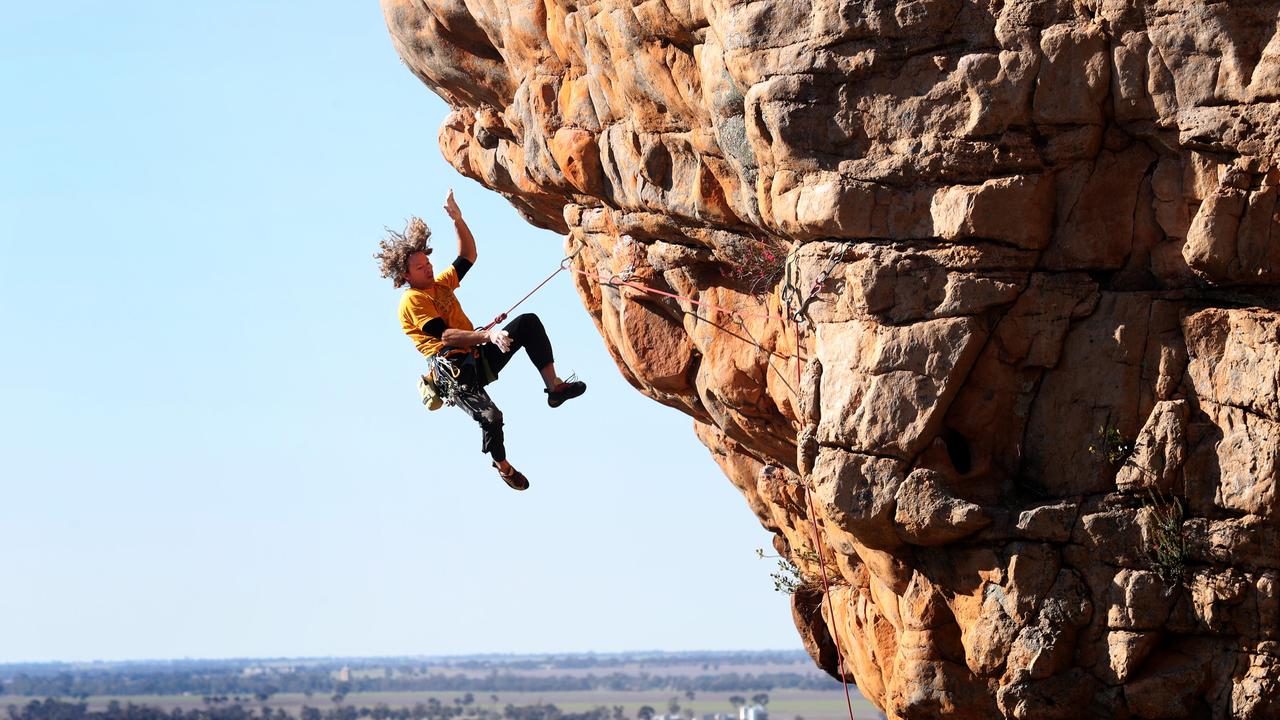
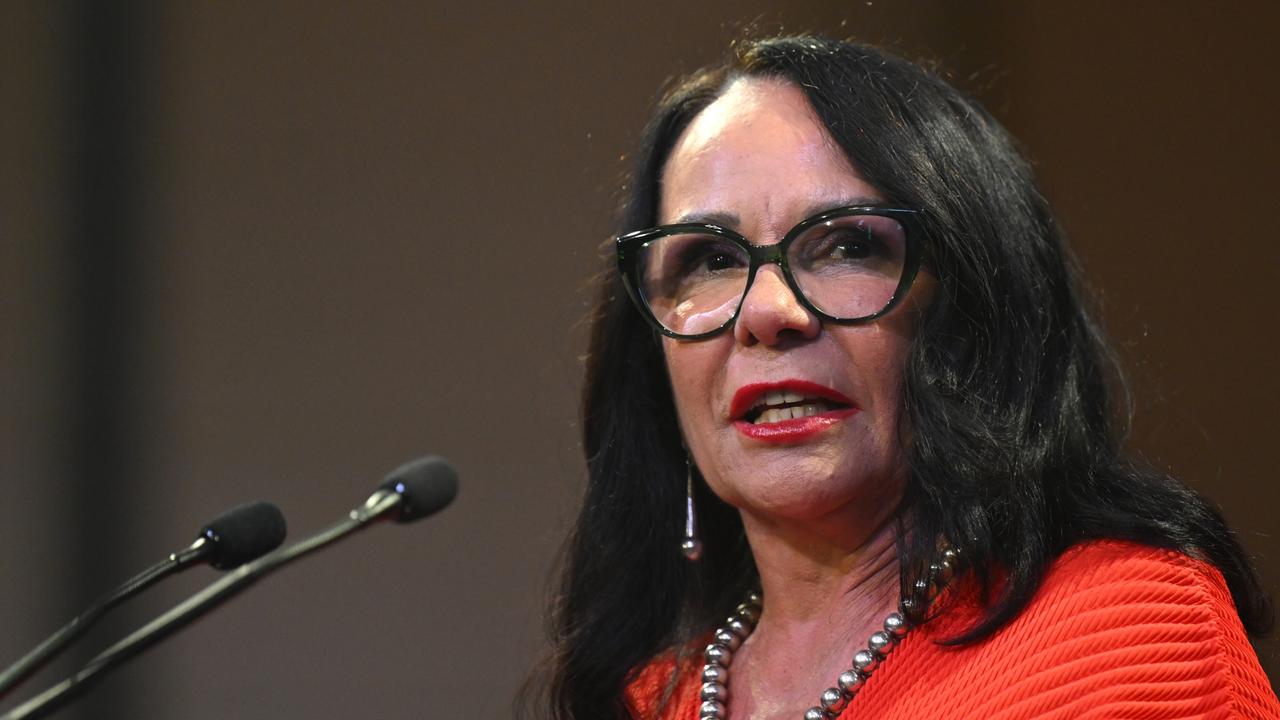
To join the conversation, please log in. Don't have an account? Register
Join the conversation, you are commenting as Logout